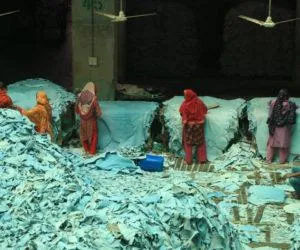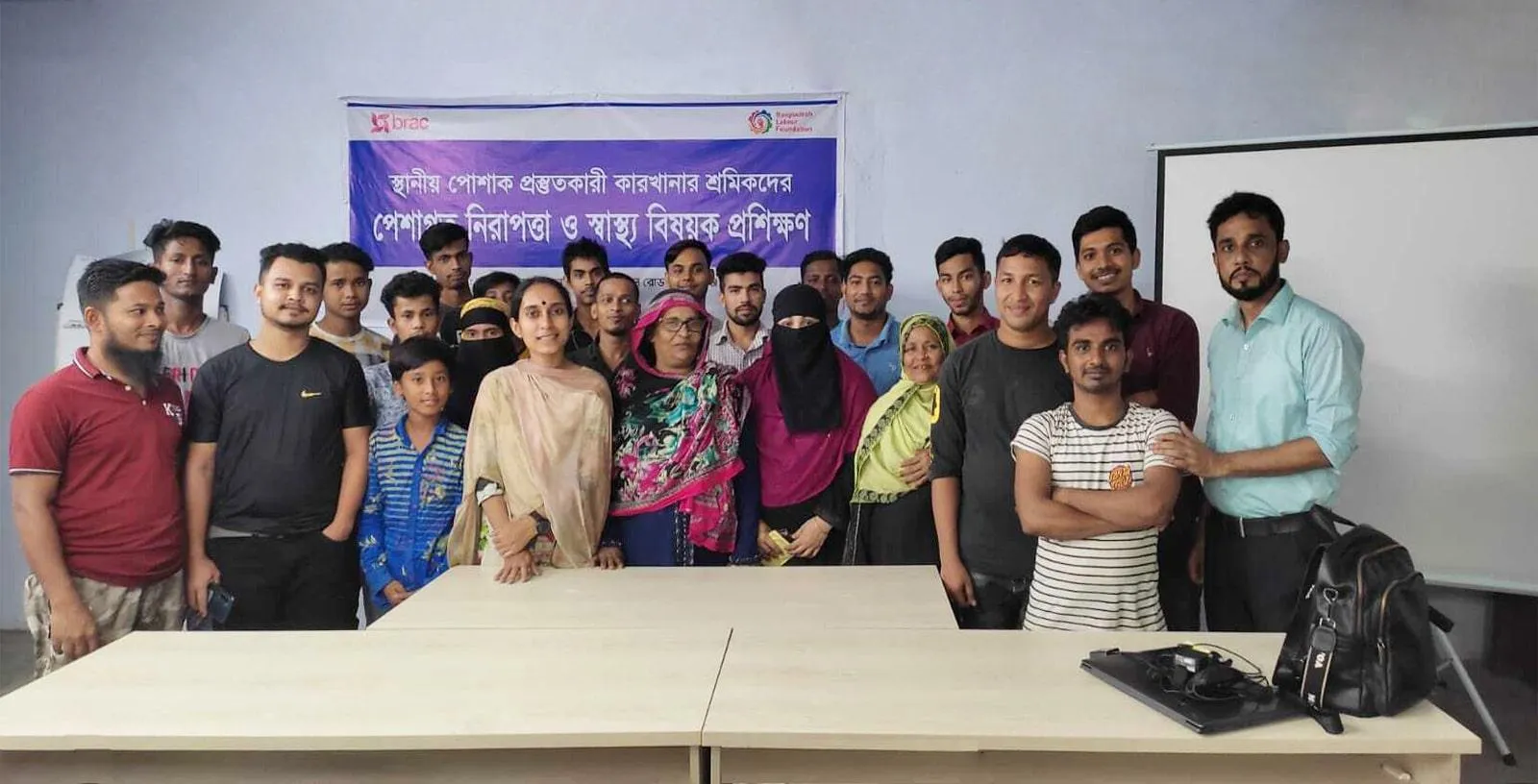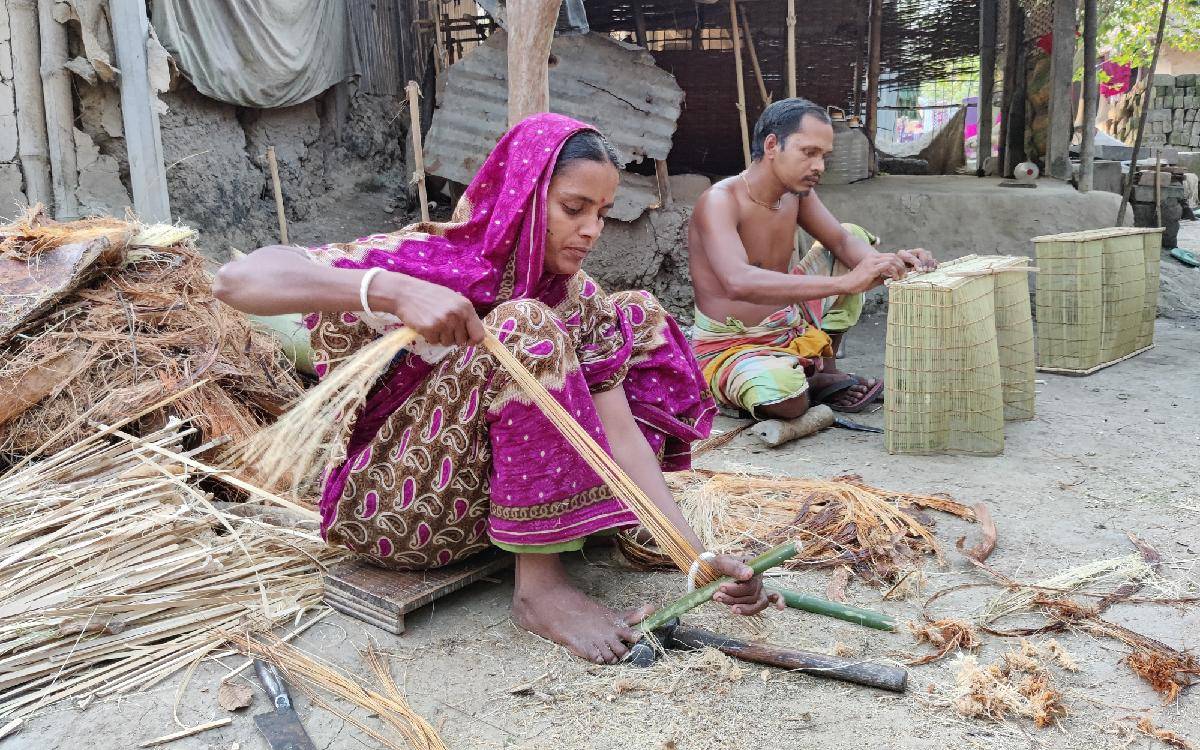Child Labor in Subcontracted Ready-Made Garment Supply Chains in Bangladesh: From Impact Assessment to Holistic Due Diligence
Overview
The readymade garments industry acts as the backbone of Bangladesh’s economy and a catalyst for the country’s development. The “Made in Bangladesh” tag has also brought fame to Bangladesh, making it a celebrated brand across the globe. With its limited resources, Bangladesh has been sustaining a 6% annual average GDP growth rate for decades and has brought about noteworthy social and human development. According to Mapped in Bangladesh, there are 3752 export-oriented RMG factories in Bangladesh (MiB). Additionally, around 1,100 subcontracting apparel factories are in operation, helping to earn foreign currencies and creating jobs for about 500,000 people, according to BGMEA.
The subcontracting factories have mainly been set up in Dhaka, Savar, Gazipur, Narayanganj, and Chattogram. BGMEA says around $5 billion worth of apparel items are sourced from subcontracting garment factories. These factories are not members of either the Bangladesh Garment Manufacturers and Exporters Association (BGMEA) or the Bangladesh Knitwear Manufacturers and Exporters Association (BKMEA) and hence have not come under the purview of the meticulous inspection carried out by the former Western Retailers Accord and Alliance following the Rana Plaza tragedy. Although compliant ready-made garments are child labor-free, there is a strong rumor about the existence of child labour in the subcontracting factories of RMG. Bangladesh Labour Foundation is implementing research along with Good Weave focusing on Child Labour in Subcontracted Ready Made Garment Supply Chains in Bangladesh: From Impact Assessment to Holistic Due Diligence. This research conducted one-to-one interviews of 1302 participants across 5 regions and also conducted 4 FGDs (2 for minors and 2 for adults) to gain in-depth knowledge.
Objectives
- Local market RMG is recognized as a small industry under the BSCIC.
- Strengthened Trade Union on organizing and collective bargaining to organize the workers and raise voices for the workers’ rights & welfare.
- New recruitment of child labour will stop, and existing child labour will be removed by 2023 from the local market RMG in Keraniganj.
- Women workers will be organized, and violence against women will be decreased in the local market RMG in Keraniganj.
- Factory owners and workers practice the OSH system to introduce a decent workplace.
Project Components
Survey for Minors 5-17 years old, Survey for Adults 18+ years old, Survey for Adults 18+ years old (NON-RMG), Focus Group Discussions, Researchers' Observations
Duration
September 2022— January 2023
Donor
Good Weave
Location
Narayanganj, Ashulia, Shampur, Hamayatpur, Mirpur, Gazipur, Tongi, Dhamrai.
Stakeholders: RMG workers (Export & subcontracting), RMG workers, Family members, RMG workers (minor)
Key Outcomes: Increased visibility into informal, hidden supply chain networks, understanding of child labour root causes and risks. Identified child labour and subcontracting hubs. Remediation (counselling only) for minors and their guardians at high risk.
Major Challenges:
- Delay in NGO Bureau Approval that affects the timeline and scheduling of activities.
- Political instability and unrest disrupted in the project activities by creating an unsafe environment or causing logistical challenges.
- Frequent Changes in Government Officials also disrupted the continuity of project implementation. New officials have different priorities or approaches, leading to changes in project direction or delays in decision-making processes.
- Reluctance of Female Participants: The unwillingness of female participants to stay overnight during residential trainings posed a challenge.



